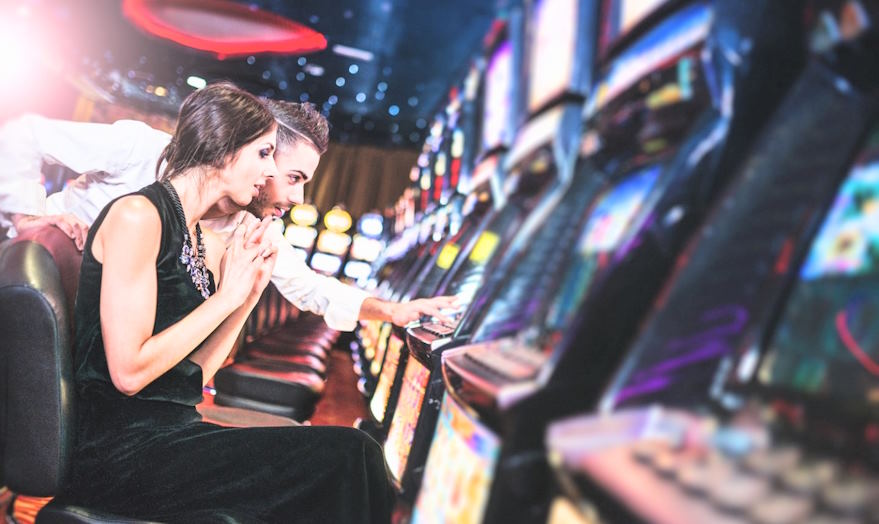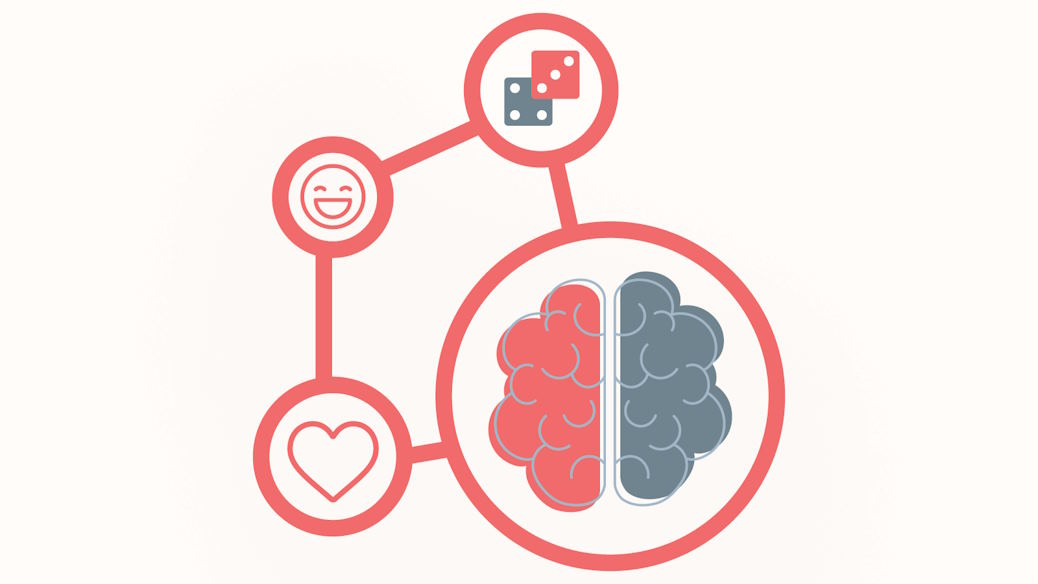Gambling is an intricate interplay of chance, strategy, and risk. Yet, not all individuals approach it in the same manner. Some are drawn to more risk, while others play more conservatively. This article delves into the psychological dimensions of risk perception in gambling, aiming to uncover why certain individuals are prone to taking greater risks. By exploring the underlying factors behind excessive risk-taking, examining cognitive biases, and delving into the intricate relationship between emotional state and risk perception, we embark on a journey to unravel the enigma of risk-taking behavior.
Unraveling the Reasons Behind Excessive Risk-Taking in Gambling
The allure of high-stakes gambling often leaves observers puzzled by the willingness of some individuals to place bets with substantial risk. This section delves into the multifaceted reasons behind excessive risk-taking behavior, exploring the psychological factors that drive individuals to venture into riskier territories. From the thrill-seeking compulsion to the belief in the law of averages, we dissect the motivations that underpin the penchant for higher risks.

Cognitive Biases and Their Influence on Risk Assessment in Gambling
The human mind is not a perfectly rational calculator. Cognitive biases color our perceptions and decisions, often leading us astray when assessing risks. This segment investigates how cognitive biases come into play within the gambling context. From the illusion of control to the gambler’s fallacy, we dissect these biases and their impact on risk assessment, shedding light on how they can lead individuals down paths of heightened risk-taking.
Understanding the Link Between Emotional State and Risk Perception in Gambling
Emotions wield a powerful influence on our decision-making processes, and gambling is no exception. The emotional rollercoaster experienced during gambling can significantly alter risk perception. This portion delves into how emotions, such as excitement, frustration, or desperation, can skew risk perception, potentially pushing individuals toward more impulsive and risk-prone behaviors.

The understanding of risk perception in gambling offers a glimpse into the complex tapestry of human behavior. As we navigate the realm of gambling, the reasons behind excessive risk-taking become illuminated, intertwined with cognitive biases and emotional fluctuations. The enigmatic allure of risk is shaped by a multitude of influences, underscoring the intricate interplay between psychology and chance.
By unraveling the factors that contribute to varying risk perceptions, we gain insight into the nuanced motivations that drive individuals to embrace greater risks. As the dice roll and the cards are dealt with, the exploration of risk perception continues to enrich our understanding of human nature, reminding us that the allure of gambling is not solely determined by odds and strategy but by the intricate mosaic of our perceptions and emotions.







